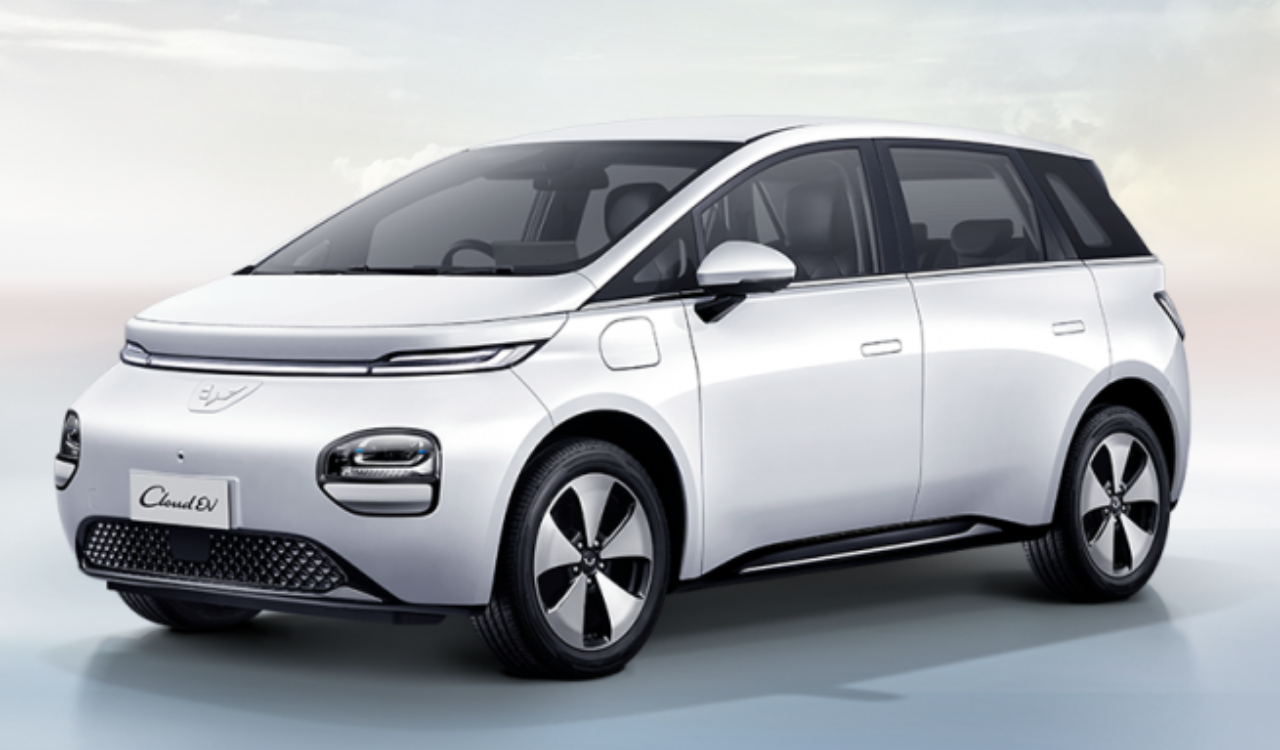
One of the most useful components of the electric vehicle is the battery. Electric Vehicle choice all depends on the performance of the vehicle or let's say how much range it will provide in the given budget. The major difference you will see while buying an electric vehicle is that if the overall cost of the new Electric Vehicle (EV) is higher and the total cost is divided into one-fourth of the EV cost that means you are on the right path. We suggest you buy this type of vehicle.
EV Battery Capacity is the major concern
EV battery importance depends on three factors - cycles, operating temperatures, and time. To keep your EV battery life good, you need to check to EV regularly, drive carefully, and yes lower the risk factors like deep discharging, fast charging, and extreme temperature exposure.
You know what, EVs can save you money in the long term because electric vehicles have fewer moving parts and a lesser need for repairs or replacements as compared to internal combustion engine (ICE) vehicles. Here in this Your EV Finder article, we will check the best tips to maximize EV battery life.
For those who don't know about the electric car’s battery capacity, let me explain to you in simple words, the electric vehicle battery is measured in kilowatt-hours (kWh). Lithium-ion batteries for electric cars are available in various sizes, with different kWh capacities. Currently, all the electric vehicles (cars) offer 30kWh–100kWh range. Note that if there is a higher kWh rating in the manual that means you will get better fuel economy or the real-world range of an EV.
How long does an EV battery last?
For now, several EV (electric car) makers claim that in general electric car batteries last a maximum of 60,000 miles. Typically, electric car batteries come with a battery pack warranty of a minimum of 8 years or 100,000 miles. Let's check how much the top EV companies are currently claiming.
-Tesla models have a 150,000-mile battery warranty. Tesla Model S comes with a warranty of 8 years or 150,000 miles with 70% battery capacity retention.
-Kia’s battery pack warranty lasts 10 years or for 100,000 miles.
Tesla and other electric car makers are rapidly working to bring more efficient electric motors, decreased battery costs and increased battery capacities. In the current situation heating is the major drawback which the company must solve in the coming years. Reportedly, Tesla also planning to introduce the “million-mile battery” that could outlast the car itself!

How Does EV Charging Work?
If you are looking to buy a new electric vehicle (EV) it means you are all set to avoid major pumps over the trip and can save more money. But as a new buyer, you might be wondering to know how long it takes to charge a new electric car and how much it costs.
The EV battery pack is mainly designed with thousands of Li-ion cells, which undergo cycles of “charge” when the EV is plugged in and “discharge” when driving. The electric car battery life expectancy is measured in charge cycles of fully charging and discharging the EV batteries. In the market, you can get several EV charging criteria that can take as little as 20 minutes or upwards of 40 hours, depending on everything from the size of your particular car’s battery.
Level 1: The first EV pack will be a 120-volt outlet. It can take between 40 and 50 hours.
Level 2: The second level counts a 220-volt outlet. It can take between 3.5 and 10 hours.
Level 3: The third level of charging includes DCFC chargers or fast chargers—which can charge your EV from empty in as little as 20 minutes.
Best Tips to Maximize EV Battery Life
The major EV makers are currently offering an electric car battery with a 10-year range. (Normal driving conditions). But, we must follow additional tips to maintain our electric vehicle battery life. Here's how you can do it via key tips below.
- Avoid running a battery below a 10% state of charge and charging a battery above 80% or 90% regularly.
- As per the latest report from the AAA (American Automobile Association), the average electric car’s operating range drops by 41% when the ambient temperature dips to or below 20°F and by 17% when the temperature hits 95°F.
-Frequent usage of DC fast chargers can degrade EV batteries faster and affect the battery’s long-term performance—resulting in the battery lasting for a shorter time between charges. So, it is better to limit fast or rapid charging to emergencies and road trips.
- Always try to use the Level second charing. It means 220V charging.
- For official confirmation, some studies indicate that 8 years of standard charging provides 10% more battery life compared to 8 years of fast charging.
- Avoid heavy driving, just drive at a moderate pace under reasonable driving conditions and prevent quicker discharging of the battery.
- Avoid plugging your EV in every night.

.png)
.png)
